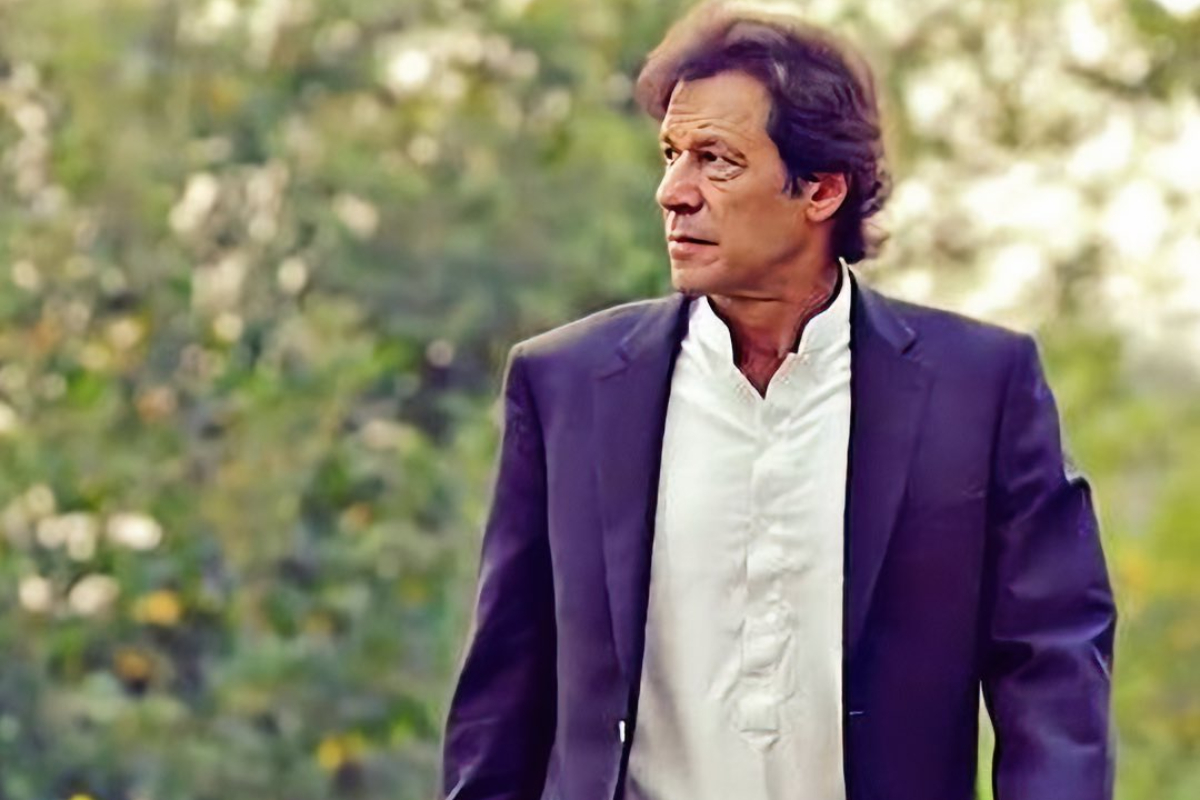One wonders if the emergent scenario in Pakistan might present an opportunity for renegotiating regional peace. Some grounded (albeit rare) Kashmiris tell me that this is their fervent hope. They insist that Pakistan will be transformed when the dust settles on the Imran Khan imbroglio and that the emergent change will offer an opportunity.
On the face of it, the strengthening of former prime minister Imran Khan (thanks to the outpouring of public support in combative protests against his arrest last week) seems like a thumbs down for the prospect of rapprochement between India and Pakistan.
For, while he was prime minister, Khan nixed a deal that is reported to have been hammered out between his army chief, Qamar Javid Bajwa, and India’s National Security Advisor, Ajit Doval.
That deal was to have led to a visit to Pakistan by Prime Minister Narendra Modi in April 2021, during which the two countries would have agreed to place their disputes over Jammu and Kashmir on the back burner for a couple of decades.
Khan and his foreign ministry are said to have refused to go along with what they saw as a ‘sell-out’ on Pakistan’s stand over Kashmir.
Despite that backstory, those who want a negotiated peace hope that, if the current political tussle in Pakistan ends up strengthening civilian control over foreign affairs, even a government led by Khan’s party might see value in improving relations with India.
Geopolitical shadows
In international relations, one cannot choose one’s interlocutors. One must work with those in power. Plus, other geopolitical strains are often at play – sometimes unpredictably.
For, sure, geopolitical tilts and pressures lurked behind what happened (or rather, didn’t) in 2021 – or, for that matter, in 2004, 1999 (Kargil) or ’98. Bajwa is widely seen as having been pro-US, while Khan was eager for a more nuanced, multipolar foreign policy.
While some might reduce Khan’s view to a pro-China stand, it is possible that Khan actually did want to forge a set of relations that might give Pakistan more independence on the world stage.
Khan publicly made it clear that he looked to India’s foreign policies as a model, publicly lauding India’s independence in taking stands on various issues. He clearly liked to see foreign minister Dr S Jaishankar telling off big powers on various sides of the emergent cold war.
This common vision could possibly become a platform for India and Pakistan to work together on at least some issues, and to agree on the value of regional trade, transport and pipeline corridors, and threats and challenges to the subcontinent from various sides.
After all, former Pakistan prime minister Nawaz Sharif seemed like a relatively Islamist hardliner compared to his rival, Benazir Bhutto, during the 1990s. Yet, Prime Minister Vajpayee was able to win Sharif over to a potentially historic rapprochement in 1998-99.
Civilian supremacy likely
The turmoil that embroiled Pakistan from Tuesday to Friday has settled down, at least visibly on the streets, but it could well leave Pakistan permanently changed.
At current reckoning, any transformation of Pakistan won’t take it towards increased Islamism, particularly since the much-reviled Munir’s claim to fame is his Islamist bent. Though Khan deploys religious symbolism effectively, his Islamism may only be superficial.
If he retains a democratic set-up, with a polity more like India’s (with civilian, popular, elected dominance over the army), there could indeed be an opportunity for negotiations and a settlement between the two subcontinental neighbours.
This may be helped along by Pakistan’s dire need to focus on its collapsed economy. The economic distress, which has worsened since Khan lost power, doubtless added a keen edge to public anger, and the willingness to risk lives in protests.
Pakistanis in general view Khan as not corrupt, and as doing his best for the welfare of the country and its people. There is a corresponding sense that he was brought down by dubious means and replaced by a bunch of corrupt politicians who lack credibility.
His compatriots often see Khan as the new broom that was trying to clear out the mess of the established political class, which had presided over misrule for decades, bringing Pakistan gradually to its knees.
To that extent, some of Khan’s backers have the sort of zeal evident among many of those supporters of former US President Trump who rally under the banner of his ‘Make America Great Again’ slogan. Trump’s backers, too, see him as clearing the ‘swamp’ of a deeply entrenched political network.
In that context, Khan’s public allegation that he was brought down through a conspiracy hatched by the US is ironic. But that line was calculated to – and did – add to his supporters’ fervour. For, the Pakistani street often hates the US with a passion inversely proportional to the US’s financial, armament, and other sorts of support for those who run the Pakistani state.
David Devadas is a journalist and security, politics and geopolitics analyst.
Disclaimer: Views expressed above are the author’s own

















